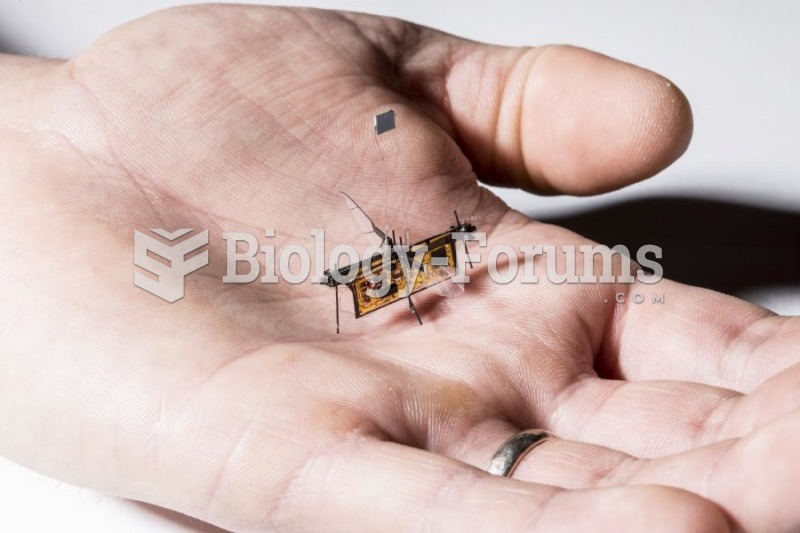|
|
|
Looking at the sun may not only cause headache and distort your vision temporarily, but it can also cause permanent eye damage. Any exposure to sunlight adds to the cumulative effects of ultraviolet (UV) radiation on your eyes. UV exposure has been linked to eye disorders such as macular degeneration, solar retinitis, and corneal dystrophies.
The first documented use of surgical anesthesia in the United States was in Connecticut in 1844.
An identified risk factor for osteoporosis is the intake of excessive amounts of vitamin A. Dietary intake of approximately double the recommended daily amount of vitamin A, by women, has been shown to reduce bone mineral density and increase the chances for hip fractures compared with women who consumed the recommended daily amount (or less) of vitamin A.
During the twentieth century, a variant of the metric system was used in Russia and France in which the base unit of mass was the tonne. Instead of kilograms, this system used millitonnes (mt).
The first monoclonal antibodies were made exclusively from mouse cells. Some are now fully human, which means they are likely to be safer and may be more effective than older monoclonal antibodies.
 Measuring the resistance of the ECT sensor. The resistance measurement can then be compared with ...
Measuring the resistance of the ECT sensor. The resistance measurement can then be compared with ...
 A typical air vane sensor with the cover removed. The movable arm contacts a carbon resistance path ...
A typical air vane sensor with the cover removed. The movable arm contacts a carbon resistance path ...





